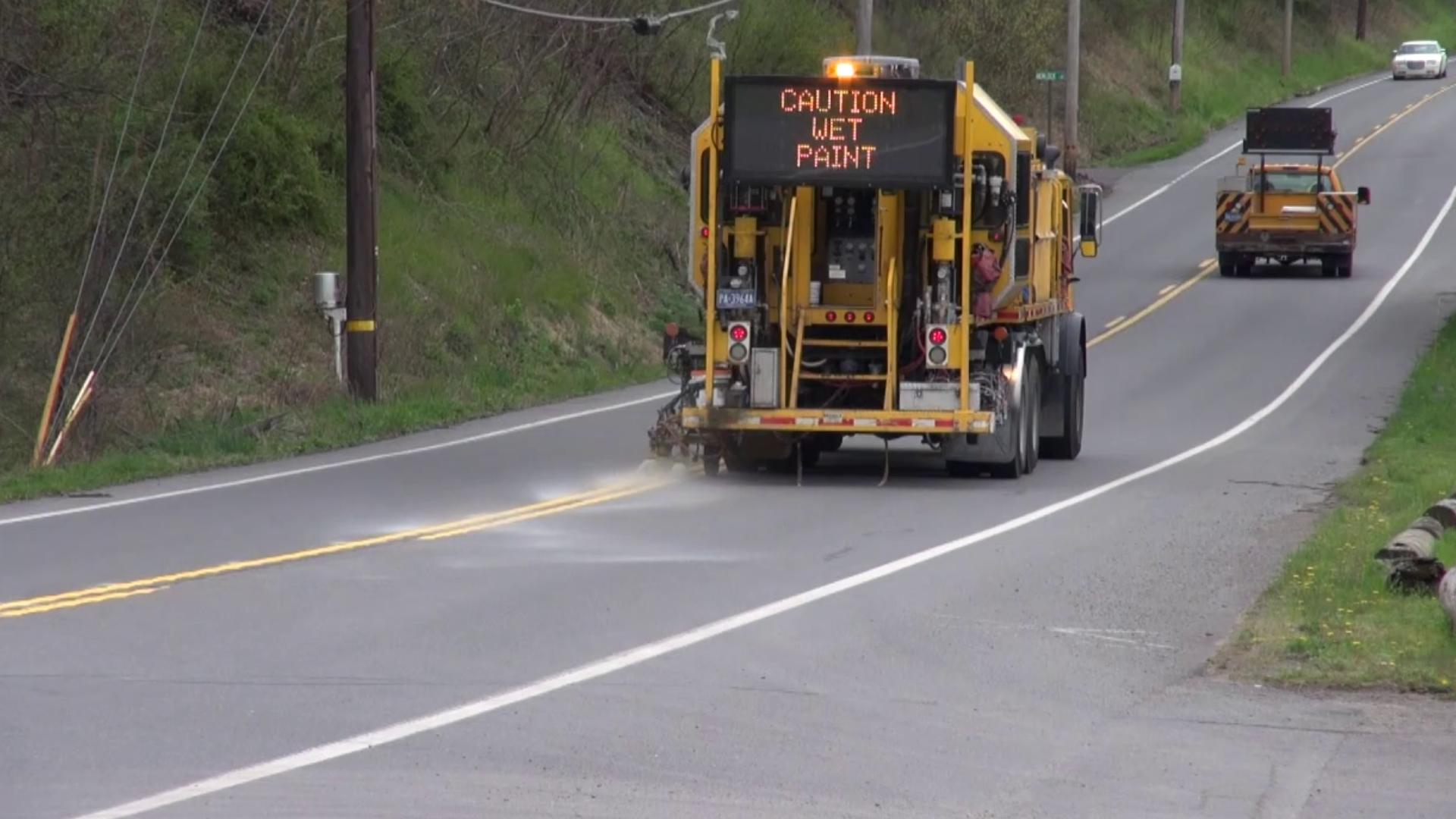Update: Texas Sen. Ted Cruz projected winner on the Republican side. On the Democratic side, Hillary Clinton had a narrow lead over insurgent candidate Bernie Sanders.
BLOOMSBURG -- It's Election Day in Iowa and all eyes are on the Hawkeye state. It's time to see how Clinton, Trump, Sanders, Cruz and everyone else fare.
Many students at Bloomsburg University are keeping a close eye on the caucuses.
"I'm really interested in where this country is going to head in the next couple of years, and I know the Iowa caucuses sometimes tends to set the tone for the general election," said Bloomsburg junior Ariel Harro.
"I'm kind of interested to see how everything goes because this is our future and I'm kind of worried about the upcoming election," added junior Mimi Dambro.
So what is a caucus and how is it different from the Pennsylvania primary election? A professor at Bloomsburg University explains the difference.
"Open as opposed to closed, you deliberate and discuss versus making a decision and leaving," said Prof. Peter Doerschler.
Doerschler is a political science professor at Bloomsburg University. He lived in Iowa for three years and voted in the 2008 caucuses. While primary elections are secret ballots, with caucuses, people gather in large rooms and discuss the candidates before they vote.
"Instead of going in and taking ten seconds of your time in the middle of your day and voting, you actually go in and spend -- I think when I did it, it must have been an hour to two hours -- and you do a lot of listening, debating."
Republicans in Iowa will listen to last-minute pitches by representatives for candidates and then cast secret ballots.
Democrats do things a little differently. They debate and move to different sides of the room depending on who they are voting for.
"The whole idea is to, I guess, come to a firmer understanding by the end of that process."
The professor we spoke with is glad he got to experience both ways of voting and says he does not have a preference. The Iowa Caucuses start at 8 p.m. Eastern time.



